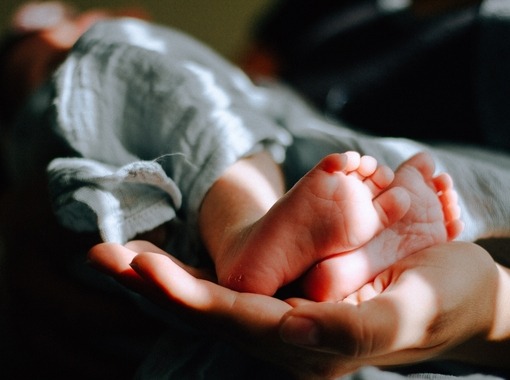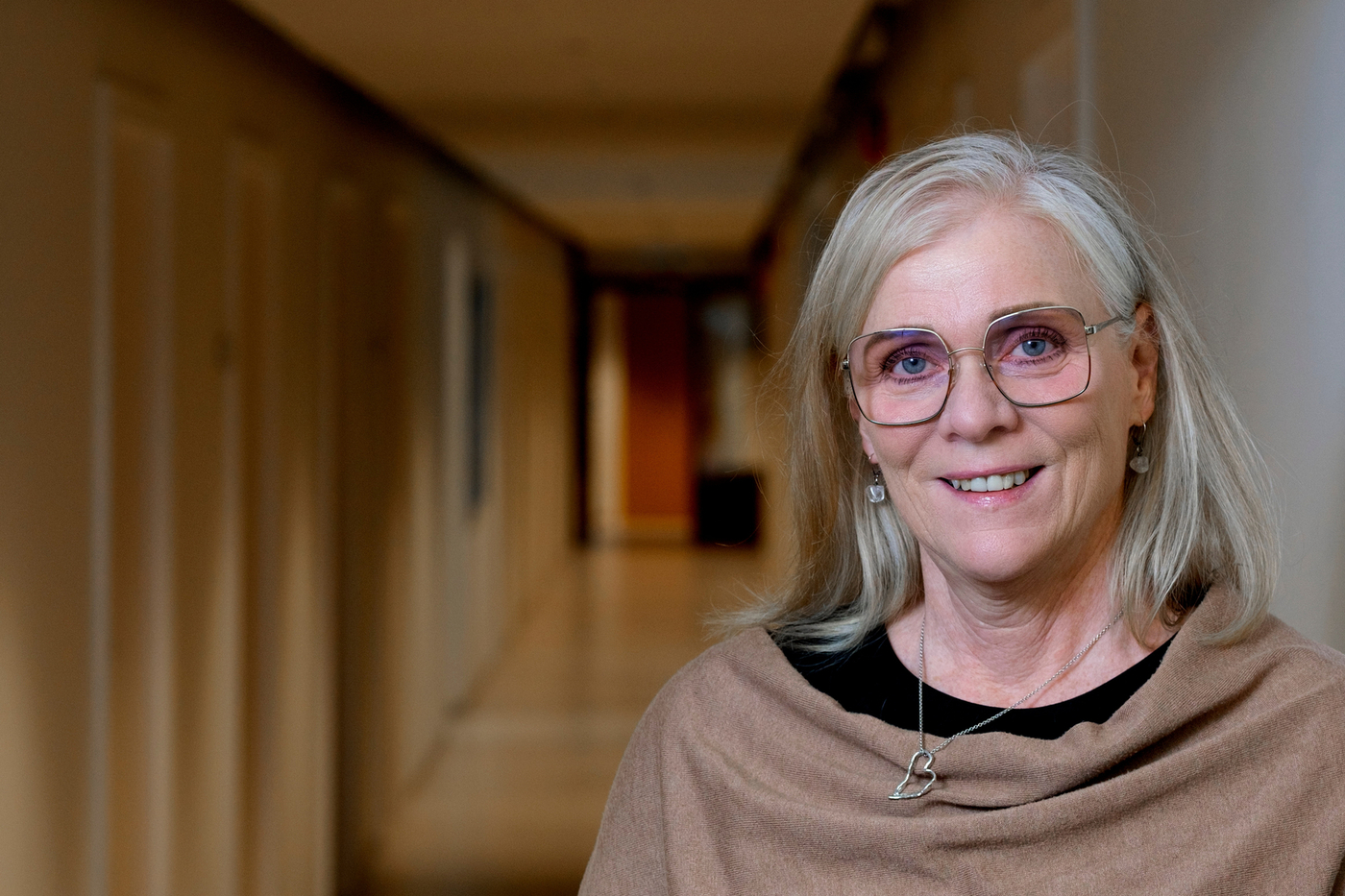"Traumas related to childbirth can have a tremendous impact on women's experience of childbirth, and may even play a significant role in the experience of subsequent births if appropriate assistance and support are not provided," says Valgerður Lísa Sigurðardóttir, midwife and associate professor at the University of Iceland who has conducted extensive research on negative childbirth experiences.
Valgerður's doctoral project focused on childbirth experiences, and the development of treatment for couples with negative childbirth experiences. She particularly noticed that women who were students when they participated in the study seemed to be at greater risk of experiencing trauma or negative emotions during or after childbirth. Valgerður believes that the reason could be significant stress, as many are also working along side their studies while managing households and families.
Leading an international study in Iceland
Following her doctoral project, Valgerður had the opportunity to be part of an international research team with her colleague, Emma Swift. That study is called International survey of childbirth-related trauma, or INTERSECT. The research is conducted in over forty countries and aims to investigate women's experiences 6-12 weeks after childbirth. Valgerður and Emma have led the research in Iceland, and the translation of the questionnaire sent to women. They decided to send a similar questionnaire to partners, as was done in several other countries, to gain a clearer understanding of the consequences of trauma during childbirth on partners.
"We still have to complete the INTERSECT study, and the final results are not yet available as data was collected last year, and we received about 800 responses. Preliminary results indicate similar findings to my doctoral project, that around 5-6% of those giving birth each year experience some form of trauma or have a negative experience of childbirth. That's around 250-300 women per year," Valgerður points out.
Using various methods in her research, Valgerður finds it essential to evaluate for each study which research design is best to use. In conducting these studies, she utilized both qualitative and quantitative methods.
Three master's projects have been based on data from the INTERSECT study, led by Valgerður and Emma, revealing that trauma symptoms following childbirth can be associated with difficulties in breastfeeding and relationship formation.
Following her doctoral project, Valgerður had the opportunity to be part of an international research team with her colleague, Emma Swift. That study is called International survey of childbirth-related trauma, or INTERSECT. The research is conducted in over forty countries and aims to investigate women's experiences 6-12 weeks after childbirth.

Effects of trauma can persist for many years after childbirth
Valgerður Lísa's interest in childbirth trauma and women's negative experiences in connection with childbirth was already sparked when she was studying midwifery and meeting pregnant women in maternity care. Valgerður observed strong emotions and anxiety in women who had previously had a negative childbirth experience or experienced trauma in connection with childbirth, even long after the birth itself.
"The main risk factors for trauma symptoms regarding childbirth is prolonged labour. Still, what qualifies as prolonged labour is essentially the experience of the one giving birth, unexpected incidents in connection with childbirth, such as emergency c-sections or other unexpected interventions, and inadequate support, either from a partner, others present at the birth, or from professionals," says Valgerður.
Service development in recent years
After obtaining her midwifery license, Valgerður has worked as a midwife in various roles, including delivery wards, postnatal wards, and maternity care.
In 2008, Valgerður joined "Ljáðu mér eyra", (the Listen to Me service), which is a service for mothers and couples who have experienced any form of trauma related to childbirth. She noticed that despite about 250-300 individuals experiencing some form of trauma related to childbirth each year, only 60-80 individuals annually utilized the services of "Ljáðu mér eyra". However, it is possible that some sought assistance elsewhere.
In 2011, a study was conducted on the experiences of those who utilized the service, studying people's expectations; whether the service met those expectations, and how it could be improved. The results were used to further develop services for those who need to discuss their experience of childbirth. It turned out that the majority of women wanted to discuss the birth with a midwife they had already met through their pregnancy.
"About two years ago, all midwives who wanted were offered training to provide services at healthcare centres, similar to the Listen to Me service. The progress is thus significant, and the service has become more accessible to those who need it. Everyone is informed about the service, but it is the responsibility of those who want to use it to book an appointment with their midwife from maternity care. It is also possible to book an appointment with another midwife if desired," says Valgerður Lísa, in conclusion.
Author: Jóhanna Helga Jensdóttir, student in Journalism and Mass Communication




